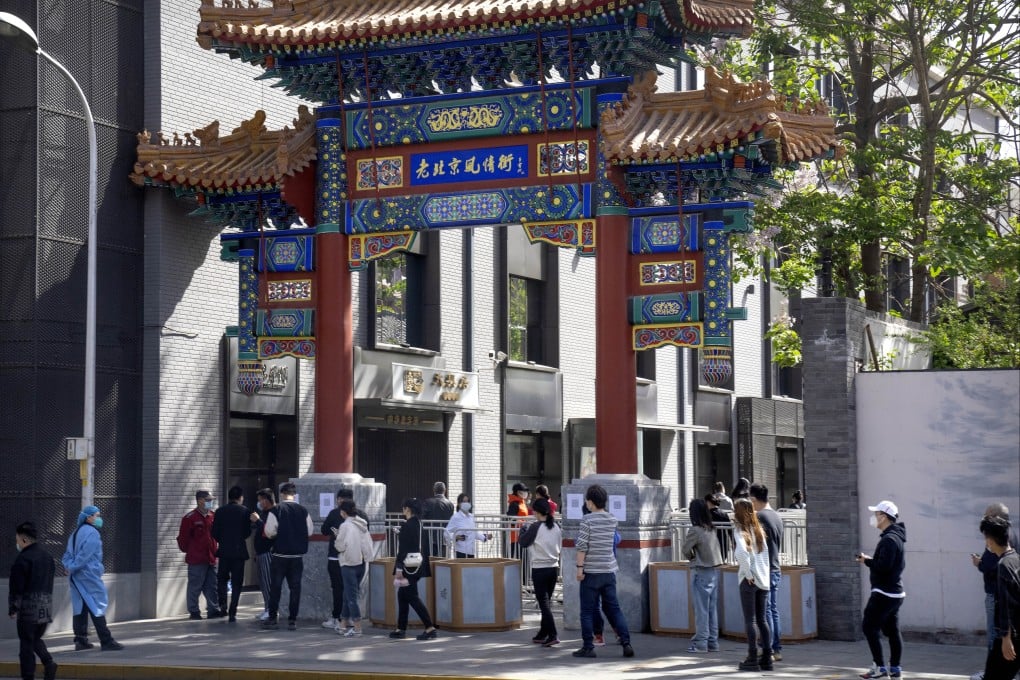Opinion | Zero-Covid at all costs is exposing the flaws in China’s top-down approach
- China’s uncertainty over the consequences of relaxing pandemic rules is driving its dogged approach, with local governments forced to take drastic measures to meet objectives
- Yet such policy inflexibility, amid much greater public awareness of the virus and at the expense of livelihoods, is fuelling discontent

With President Xi Jinping focused on maintaining stability as he seeks to secure an unprecedented third term this autumn, China has remained steadfast to zero-Covid policy adherence.
Still, there are other elements of China’s policy implementation that should provide lessons for the future – and will create challenges for Xi in the present.
First, the inflexibility of Covid-19 policy implementation at a local level has narrowed the central authority’s breadth of governance.
Although the Shanghai government assured residents of its efforts to minimise the impact of the pandemic on the economy and society, and that medical and basic living demands would be met, the gap left by food supply disruptions and inadequate government support has been filled by bulk-buying and bartering.
